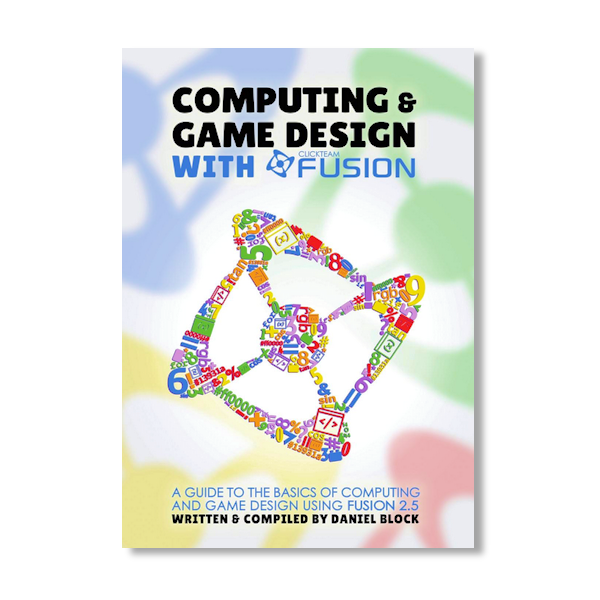

Yurshansky, who now lives in the Lincoln Heights area of Los Angeles, said she was inspired to create the exhibit, which was created by former AJU chief curator Dr. Jenny Yurshansky’s There Were No Roses There (Diaspora). It is also a record of family members killed in World War II. The title “There Were No Roses There (Diaspora)” – a climbing rose vine made of welded steel that has been charred in a kiln and features aiptasia with brass thorns – traces three generations of her family’s migration to Argentina, Germany and Israel or the United States in the United States last 100 years. Yurshansky’s solo exhibition, A Legacy of Loss: There Were No Roses There, on view through May 12 at the American Jewish University, consists of five sculptural installations, a multimedia piece, and an audio guide. Yurshansky joins a legacy of artists who have addressed issues of displacement, trauma and loss related to the global refugee crisis, including photographer Tom Kiefer, who has rescued and photographed the belongings of migrants and asylum seekers crossing the border discarded at the US-Mexico border, and Chinese artist and human rights activist Ai Weiwei, whose numerous art and media projects address the plight of refugees, freedom of expression and life in exile. Now these items have formed an exhibition about family migration and the inherited trauma of exile, a topical issue as more than 2.5 million Ukrainians have fled the country in the past few weeks since the Russian invasion. The items they carted with them from Eastern Europe became an integral part of their new home in California. Yurshansky was born months later in Rome in January 1979, and her parents – Asylum seekers at the time, awaiting permission to enter the United States – eventually settled in Northridge.

Rima packed an embroidered baby hat and alphabet baby book for her soon-to-be daughter Jenny. Michael and Rima Yurshansky Clothes and blankets stuffed into their pockets.

No valuables were allowed, only essentials They could bring less than $300 in cash and no proof of education. When Jenny Yurshansky’s parents fled Soviet-era Moldova in 1978, They could only take a handful of items – which would essentially fit in two small ones Suitcase.


 0 kommentar(er)
0 kommentar(er)
